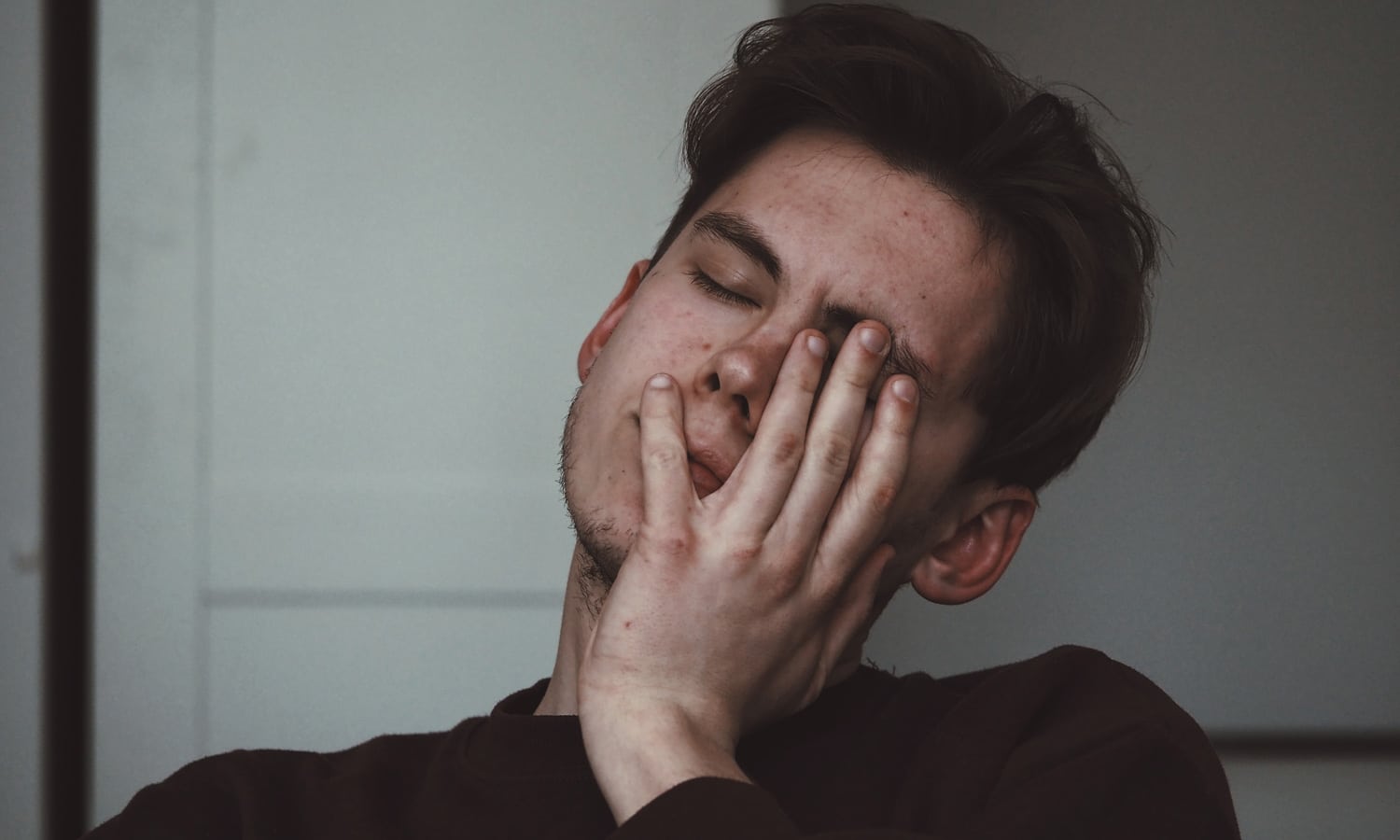Migraine affects an estimated more than 10% of people worldwide – medical marijuana can help
In the US In a large US survey, 17.1% of women and 5.6% of men reported having migraine symptoms with most often among people aged 20 to 50 years, and is about 3 times more common in women than in men. In Canada an estimated 8.3% of Canadians have been diagnosed with migraine by a health professional. They have a similar female/male ration and migraine prevalence was highest among people in their 30s and 40s: 17.0% for women and 6.5% for men. These debilitating incidents are soul crushing and costly. Now studies show medical marijuana can help migraines.
A key finding determined that cannabis with THC levels over 10% became the strongest predictor of success in treating the migraine and headache-related pain with cannabis.
In a study published in 2022 in the National Library of Medicine, hope has been discovered.

Medical marijuana has been hypothesized as an alternative therapy for migraines, given the undesirable side effects of current migraine medications.
Medical marijuana significantly reduced nausea and vomiting associated with migraine attacks after 6 months of use. Also, medical marijuana reduced the number of days of migraine after 30 days, and the frequency of migraine headaches per month. Medical marijuana was 51% more effective in reducing migraines than non-cannabis products. Compared to amitriptyline, medical marijuana aborted migraine headaches in some (11.6%) users and reduced migraine frequency. While the use of medical marijuana for migraines was associated with the occurrence of medication overuse headaches, and the adverse events were mostly mild and occurred in 43.75% of patients who used oral cannabinoid preparations.
RELATED: Cannabis And Migraines: What The Feds Actually Want To Know
The research joins another study that looked into the use of prolonged cannabis for individuals that suffer from migraines. Published in 2020 in the journal Brain Sciences, the study found that frequent cannabis use decreased migraine frequency.
“These findings indicate that MC results in long-term reduction of migraine frequency in 60% of treated patients and is associated with less disability and lower anti-migraine medication intake.”
Cannabis and CBD have had rising interest in migraine treatments in the last few years with organizations looking to alternative medicine to offer a needed solution for those who want to stay away from opioids. Additionally, the American Headache Society and the American Migraine Foundation have both expressed the need for more research around cannabis and CBD for migraine relief.


